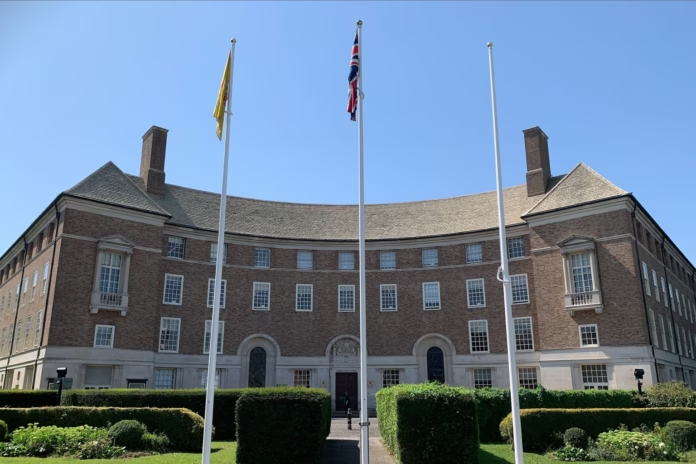Council treasurers have mounted a concerted 11th hour lobbying effort to stop new accounting rules from hampering treasury investments in pooled funds, ahead of a crunch meeting today.
A regulatory committee is set to approve changes to the Code of Practice on Local Authority Accounting in the United Kingdom, implementing International Financial Reporting Standard (IFRS) 9.
But a large number of worried council treasurers have written to the Chartered Institute of Public Finance and Accountancy (CIPFA) in advance of the meeting.
They are calling for the body to lobby central government for a statutory override to an IFRS requirement for profits and losses on pooled investments to be accounted for within the general fund.
Under existing rules, these are counted within reserve funds, where they do not adversely impact the cash available to pay for services or affect council tax levels.

Consultant Chris West, former director of finance at Coventry City Council, said: “It is beyond common sense to allow the implementation of a technical accounting standard, which most people will neither know about nor understand, to put councils in a position where they need to make more cuts in service provision and, or, raise council tax.
“It cannot be in the public interest. If ever there was a case for a statutory override, this is it.”
Adding his voice to a growing chorus of disquiet, Warrington’s corporate finance manager, Danny Mather, commented: “A statutory override is needed here and I imagine CIPFA and the sector will be lobbying for this following the close of CIPFA’s consultation last week.
“Let’s remember why the standard was introduced in the first place: to address accounting weaknesses in the banking and financial services sector, not to penalise local authorities.”
Treasurers are understood to be worried that without an exemption, they may be deterred from making otherwise sensible investment choices for their cash.
But Room151 understands the Department for Communities and Local Government (DCLG) has been reluctant to introduce an override without solid evidence of the potential impact on the general fund.
This prompted an 11th hour plea from CIPFA for treasurers to provide evidence of the impact historic investment volatility would have had on the general fund and statutory balanced budget requirements.
Chair of the committee, Lynne Pamment, public services lead at consulting firm PwC, told Room151 that the committee secretariat has received more correspondence in advance of the meeting than in previous years.
Sean Nolan, head of local government at CIPFA, said that he was “pleased” with the number of responses which had been sent in response to the call to arms.
He said: “This is not as dull as ditchwater. It has a real impact. Ironically, this could lead to a risk of perverse outcomes, making it easier to make a riskier direct investment in a single property than in a pooled property fund where the risk is spread.”
Another committee member, KPMG director Greg McIntosh, said: “The board is going to take very seriously the representations that practitioners have made about their concerns.”
Some voices within the sector are understood to have argued that an override is unnecessary, because councils could just reclassify pooled investments in the equities category.
However, Nolan warned: “It is true that the code will allow councils to designate the treatment of a financial instrument. But we would warn against assuming that an external auditor can’t tell the difference between an equity share investment, which wouldn’t impact on the general fund and a collective investment that would.”
The committee, which will meet in Edinburgh, is jointly run by CIPFA and the Local Authority (Scotland) Accounts Advisory Committee (LASAAC).
Pamment added: “My own view is that we are obliged to follow the requirements outlined in IFRS 9 unless a strong case for adaptation or interpretation [is made]. We need to consider and debate the responses to see if that case has been made.”













